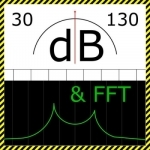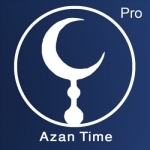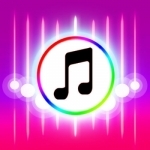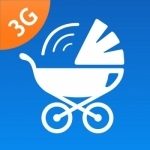
SPLnFFT Noise Meter
Utilities and Music
App
SPLnFFT is a sound level meter (noise meter) for your iPhone or iPad with many advanced features:...

Azan Time Pro
Productivity and Utilities
App
*****Special Discount for limited time from 4.99$ to 1.99$ Get it now before the price growing...

AmpliTube MESA/Boogie
Music and Entertainment
App
ROCK OUT AND RECORD WITH THE LEGENDARY REAL-DEAL HIGH-GAIN MESA/BOOGIE® TONE ON YOUR iPHONE OR...

EQ Player Plus
Music and Entertainment
App
The best equalizing technologies are applied for you who want to experience true sound. No more...

Baby Monitor 3G
Lifestyle and Health & Fitness
App
The First HD quality multiplatform Baby Monitor is here! BABY MONITOR 3G is a universal video and...

Deezer: Music Player & Radio
Music and Entertainment
App
Discover the music you love with Deezer. With access to millions of tracks, create endless playlists...

Book Creator for iPad
Education and Book
App
* THE No.1 Book app for the iPad in 90+ countries. * Voted Best Educational App in the 2015 BETT...

Grace - Picture Exchange for Non-Verbal People
Education
App
Grace App - winner of the 2010 Irish Web Awards and United Nations World Summit Award Mobile. * * *...

